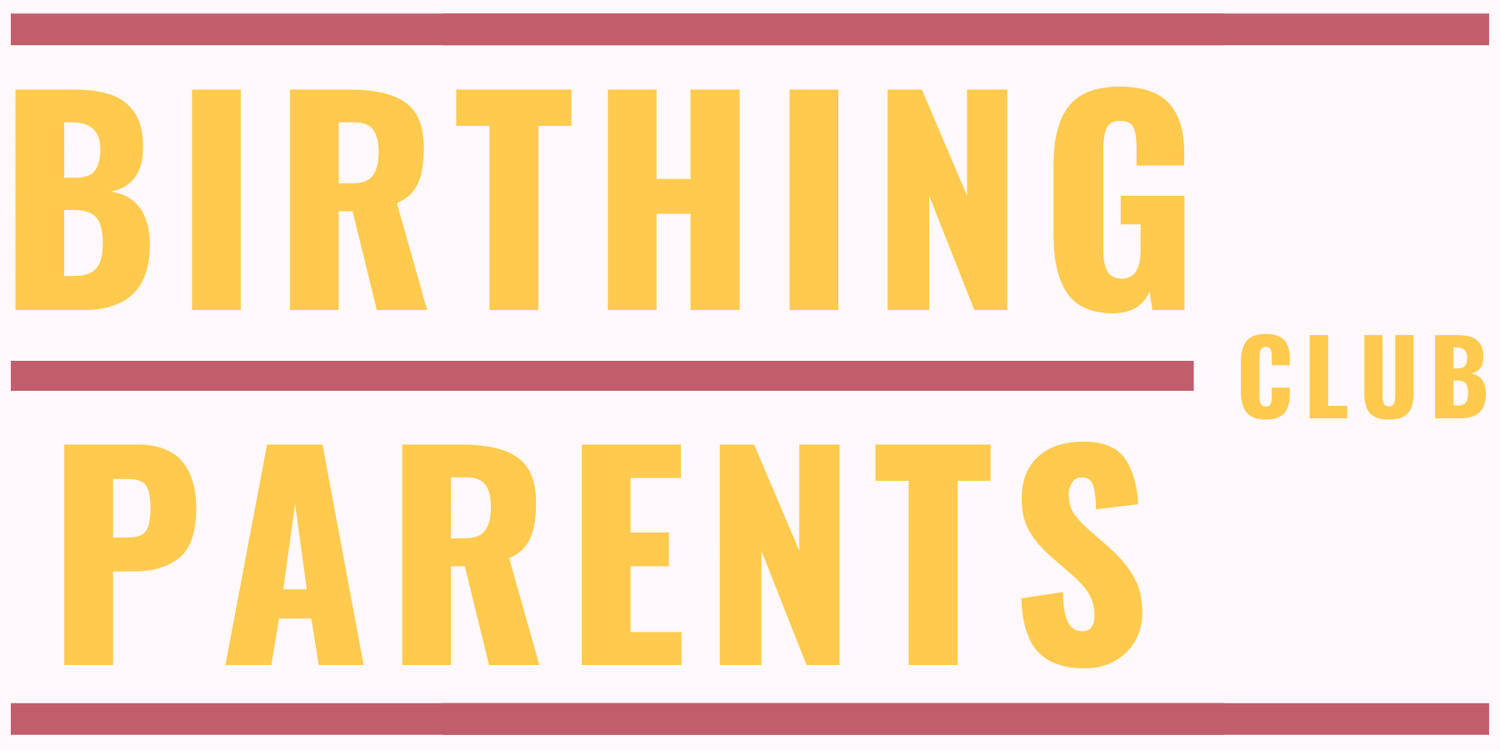THE DOULA-CLIENT BOND
While a trusted friend or relative may be able to act as a doula for birthers, the support they can give is affected by their preexisting relationship to the birther, and as such the baby. The role of the professional doula is unique is because they do not have this - they are able to be completely objective and have no other role in the birthers life other than providing them with the support they need to birth their babies in the way that is right for them. The primary responsibility of a doula is to their client: not the birth partner, baby, midwife, doctor or any other person who may feel they have a role to play in an individual’s birth. Research has shown that doula support, as opposed to continuous support from another source (friend, family member, midwife) was superior in terms of reducing the rate of unplanned caesarean (a 39% decrease) and in increasing the likelihood of a spontaneous vaginal birth (a 15% increase).
In most cases, prior to the birth, a doula will have met with the birther several times antenatally to discuss the birthers specific priorities and concerns. These sessions allow the doula and client to build a unique relationship, one built on trust and compassion as well as the focus on the birther as an individual. Being in the presence of people who make you feel safe is crucial to the physiology of birth. Oxytocin is the most important hormone involved in the birth process: it is responsible for the contractions of the uterus, and it’s ebb and flow corresponds with that of endorphins, the body’s natural pain relief. Feelings of security and being nurtured can have a massive impact on how much oxytocin our bodies are able to produce. Dr Amy Gilliland describes this as ‘The Doula Effect’ and suggests that during the challenges of labour and birth, the birthing person when feeling vulnerable benefits from the soothing response of a their doula which is able to calm their stress response, and instead allows oxytocin to surge again. This phenomenon can help birthers overcome labour stalling and avoid the label of ‘failure to progress’ - both of which can lead to augmented labour and ‘the cascade of intervention’.
All checks and procedures offered throughout pregnancy, labour and birth are optional and require the consent of the birthing person. A fact which is not always, or even often, directly expressed to the birthing person. There is a question all birth workers will have heard and that is ‘Am I allowed?’ - the question should actually be ‘Are they allowed?’.
Vaginal exams are not an essential part of labour care and it is a birther’s right to refused them. ‘I just need to make a little cut’ is not asking for permission to perform an episiotomy. Induction of labour is not mandatory beyond 40 weeks. A small selection of incredibly common coercive behaviours. Healthcare professionals should always offer birthers options, caveated with the risks and benefits of each, for the birther an informed decision as to what is best for them and their unique situation. So often this is not the case, and emotive language is used to sway the birther in one direction or another. Where procedures are performed without the birther’s informed consent this may be classed as obstetric violence and can lead to trauma, difficulty bonding with baby and post natal depression.
The presence of a doula at antenatal appointments and during labour and birth may be enough to ensure medical professionals do not behave in such a way. However, if it is not, your doula should be confident enough to step in and ensure you are being fully informed of the options and given the opportunity to decline or ask about alternatives. This can be a really beneficial tool for communication and can give the birthing person the confidence to say no. Knowing that their doula is on their side unconditionally can help birther’s feel more in control and less afraid of losing that control.
Reduction in the use of pain medication is also noteworthy. Oxytocin research Kristin Uvnas Moberg believes that through enhancing the birthers production of oxytocin, doulas not only calm the birther but they boost levels of pain-relieving endorphins, resulting in a less painful labour. This theory is supported by research from Iran, where 150 first time mothers were randomly allocated doula support or no doula support. Those who received continuous care from a doula felt less anxious and described labour as less painful than those without doula care. These findings were deemed so significant that it was recommended that all hospitals and maternity units should provide doulas as it is a birther’s human right to be able to have a safe and calm delivery.
